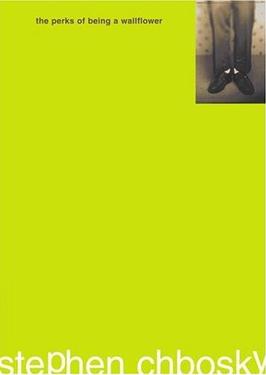The first thing I noted about this article was that, among the criticism of “Boy Meets Boy” is that it’s considered too utopic. Unlike some authors who write about LGBT characters, Levithan doesn’t choose to focus on “agonizing over being closeted or coming out.” Instead, a lot of his characters are already out and are accepted by their families and friends. These kinds of narratives are just as, if not more, important than the closeted or coming out narratives because they humanize LGBT characters. They show readers that these characters are just normal people with concerns and issues outside of their sexuality. They show LGBT characters that they can be loved and accepted for who they are and that they’re allowed and encouraged to be comofortable with themselves and happy with their lives. Levithan’s books show that LGBT people can also be athletes and that they don’t have to fit a certain mold just because of their sexuality. The fact that “Boy Meets Boy” features more LGBT characters than non-LGBT characters is phenomenal and reflects how revolutionary it is to feature this underrepresented population.
So many books are banned or challenged for containing LGBT content. Many parents feel that these books force their beliefs on their children when, in fact, all the majority of them do is humanize LGBT people, which I don’t think should strike anyone as offensive. If anything, it’s these parents forcing their beliefs on their children and not allowing them to make up their own minds on the issue. Every underrepresented population deserves this kind of opportunity, to be depicted in a way that humanizes them to other people and to themselves.



_cover.jpg)

